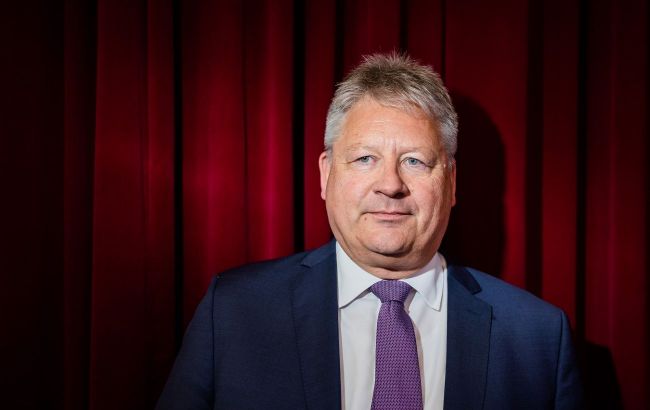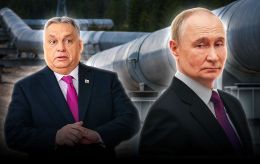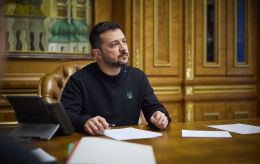Germany's intelligence chief says Europe may face threats after Ukraine war
 Photo: Bruno Kahl, President of the German Federal Intelligence Agency (Getty Images)
Photo: Bruno Kahl, President of the German Federal Intelligence Agency (Getty Images)
Germany's Federal Intelligence Agency (BND) President Bruno Kahl, in an interview with DW, confirmed the country’s intention to continue cooperation with the US despite changes in US President Donald Trump’s foreign policy. He also warned of possible aggression from Russia after the war in Ukraine ends.
Bruno Kahl said the country intends to continue its partnership with the US despite changes in Donald Trump’s foreign policy.
Kahl emphasized that Russia could try to test NATO’s collective security guarantees, especially if the war in Ukraine comes to an end.
According to him, the end of the conflict could increase the likelihood of aggressive actions from Russia, which would test Western unity and the effectiveness of Article 5 of the North Atlantic Treaty.
He also pointed out that if the war in Ukraine ends by 2029-2030, Russia could become an even more serious threat to Europe. It could concentrate its forces against European nations.
Kahl noted that Russia may use the period after the war to reorient its aggression.
In his view, Russia is attempting to restore the world order of the 1990s, when its sphere of influence expanded westward, and the US intended to withdraw its troops from Europe.
US troop withdrawal from Germany
US President Donald Trump is considering the possibility of withdrawing around 35,000 US troops from Germany. He may redirect them to Hungary, a country with close ties to Russia. Such a move could further worsen relations between the US and Europe, which are already under strain over security and defense issues.
According to The Telegraph, Trump has become increasingly frustrated with Europe, accusing the continent of "pushing for war." The president has repeatedly urged European nations to increase their defense spending instead of relying on US assistance. He has also criticized NATO for failing to meet defense spending commitments, which should amount to 2% of each member country’s GDP.

